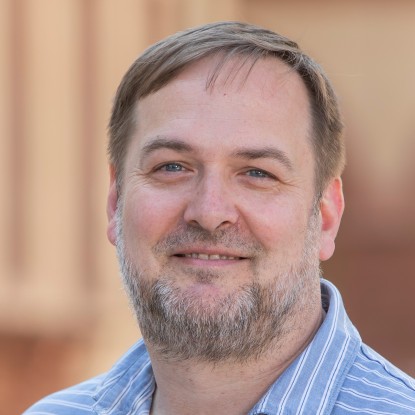New research project on social cohesion in Europe
2021/03/15 by Jens Steffek
The German Federal Ministry for Education and Research has approved a budget of € 876,000 to fund a new research project at the Institute for Political Science.
The new project is entitled HEUREC – How Europeans understand fairness, reciprocity and cohesion and will explore citizens’ notions of reciprocity, solidarity and fairness in the European Union. It is widely acknowledged that perceptions of fairness and reciprocity are crucial for the cohesion of modern societies and the legitimacy of governance. HEUREC will take this basic insight to the European level and study citizens’ conceptions of fairness and reciprocity in the Eurozone. The project is designed as a comparative empirical study of citizens’ views in three Northern European countries that are net contributors to the EU budget (Finland, Germany, the Netherlands); three countries of the East that are net recipients at the moment but may become net contributors in the future (Latvia, Lithuania and Slovakia); and three Southern European countries, which are net recipients and where the budgetary rules of the Eurozone are often perceived as burdens (Greece, Portugal and Spain). With the help of local partners we will organize focus groups in these nine countries to reconstruct the reasoning of different groups of people when they answer among themselves questions of how fairness and reciprocity can and should be achieved in the EU; and which are, at the moment, the major problems for achieving it, with a particular view to political institutions. A final round of group discussions will take place in Brussels and bring together participants from all countries. Our findings will be discussed and disseminated with two partner institutions that have strong links to political practitioners, the European Committee of the Regions and the European Parliamentary Research Service (EPRS). The project is headed by Prof. Dr. Jens Steffek and apl. Prof. Björn Egner, in collaboration with Prof. Dr. Hubert Heinelt (professor emeritus). It starts in April 2021 and has a duration of three years.

